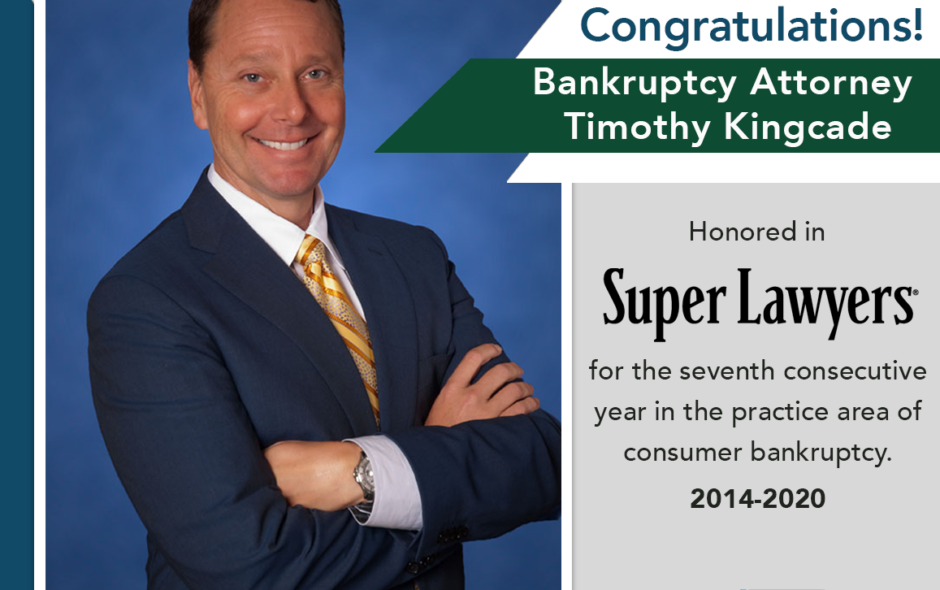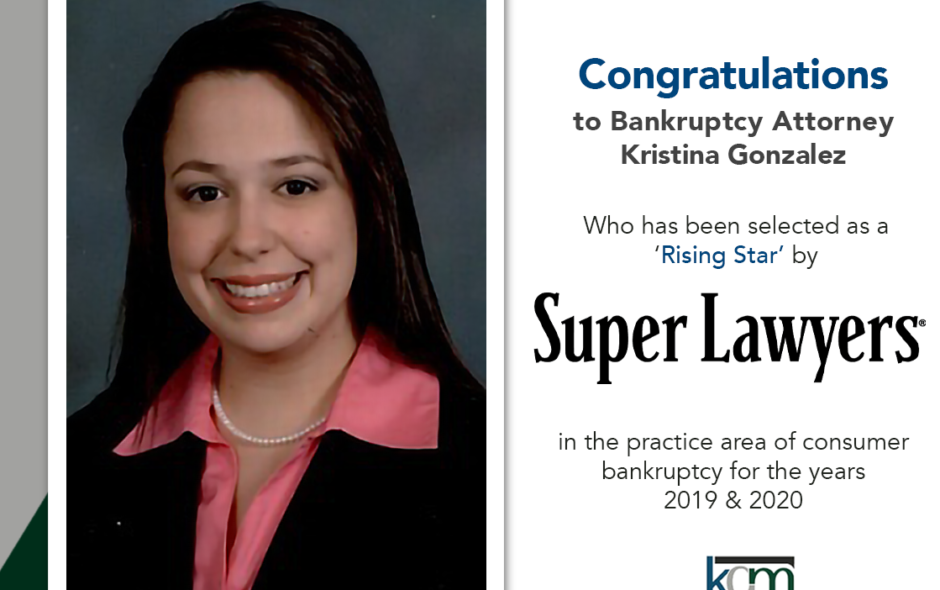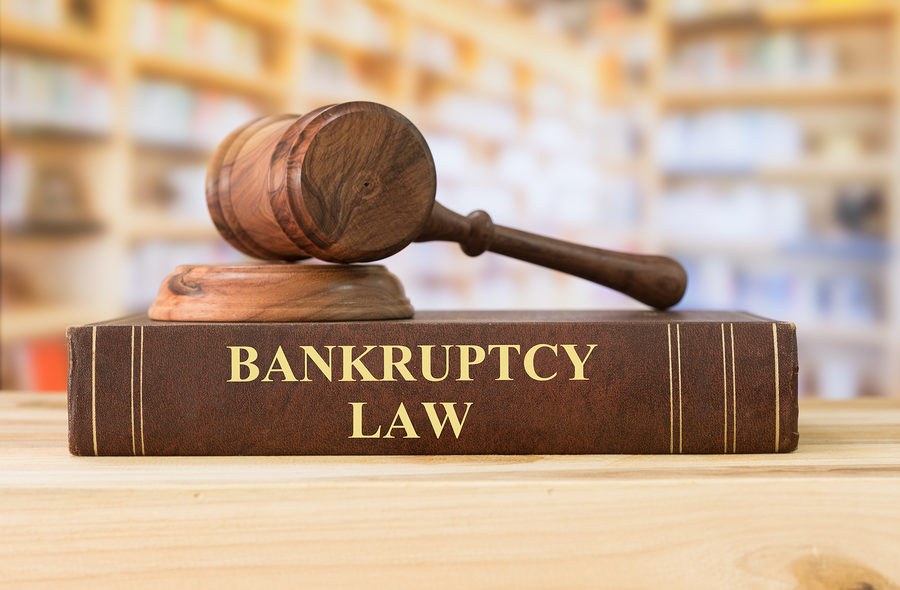Eliminating debt is one of the biggest reasons people file for bankruptcy. Although bankruptcy can eliminate many types of debt, not all debt can be discharged in a bankruptcy case. Debts are treated differently depending on the type of debt and the type of bankruptcy case being filed.
Type of Bankruptcy
How your debt is handled depends largely on what type of bankruptcy is filed. A Chapter 7 bankruptcy case is known as a liquidation bankruptcy, where assets that are not otherwise protected under a bankruptcy exemptions are liquidated and used to pay off qualifying debts, and all other debts that are allowed under law to be discharged are otherwise eliminated. Under a Chapter 13 bankruptcy case, the debtor works closely with the bankruptcy trustee to restructure the debt and pay back qualifying debt through a three-to-five-year repayment plan. At the end of the repayment period, all other unsecured debt is discharged.
Understanding a Bankruptcy Discharge
To understand what happens to debts in a bankruptcy case, you must first grasp the concept of a bankruptcy discharge. A bankruptcy discharge is the final court order that officially releases the debtor from liability for qualifying debts. The discharge means the creditors can no longer pursue collection on that debt. If the debt is connected to a certain piece of property, like a car or a home, the creditor can still repossess the property to secure the debt, but the debtor is not personally liable for the debt itself. The creditor simply has the right to take the property back in payment for the debt. The discharge occurs at the end of the bankruptcy case. In a Chapter 7 case, this discharge happens after a few months while it can take up to five years under a Chapter 13 bankruptcy case.
Are All Debts Discharged?
The bankruptcy discharge is the ultimate goal for a bankruptcy case, but not all debts are discharged. The great majority of those debts that are discharged in a bankruptcy case include those that are unsecured debts, meaning they are not connected to a specific asset. Credit card debt, personal loans or medical bills fall under this category. Some debts are not allowed to be discharged under the law, normally for public policy reasons. These debts include spousal and child support, debt that was incurred due to bad behavior on the part of the debtor, such as drunk driving, and certain types of tax claims.
In a Chapter 7 or Chapter 13 bankruptcy case, credit card debts, medical bills, legal judgments against the debtor, most debts coming from a car accident, personal loans or promissory notes are discharged at the end of the case. Many people struggle with these debts for years before reaching out to a bankruptcy attorney for assistance in handling them. If you find yourself struggling to pay your credit card bills or medical bills, bankruptcy may be a viable option for you, resulting in these debts being discharged.
In a Chapter 13 bankruptcy case, certain debts may be allowed to be discharged that otherwise would not be discharged in a Chapter 7 bankruptcy case. These debts include those included in a divorce or settlement agreement, not including support payments, court fees, homeowner’s association or condo fees, and debts incurred to pay a non-dischargeable tax debt.
Debts Not Discharged in Bankruptcy
Why certain debts are not discharged in bankruptcy rests largely on public policy. For example, supporting your child or spouse is considered paramount and a matter of important public policy.
As a result, Congress enacted protections keeping these payments from being classified as a dischargeable debt. Likewise, if you face criminal fines, penalties or restitution orders from a criminal case, that debt cannot be discharged. Additionally, if you caused injury to someone or killed another person because of your drunk driving, any restitution you were ordered to pay in that case cannot be discharged. Certain types of tax debts are also excluded.
For the most part, student loan debt is another category of debt that is very hard to discharge. Bankruptcy courts will only allow it if the debtor can prove to the court that the debt should be discharged. The test for determining whether this debt should be discharged is the undue hardship test. No uniform measure exists for determining what exactly constitutes an “undue hardship.” For the most part, bankruptcy courts vary on what qualifies as an undue hardship, although over recent years, the government has looked for official public comment on what that test should be. As of today, however, no uniform test is in place, making proving undue hardship both difficult and unpredictable.
Click here to read more.
If you have questions on this topic or are in financial crisis and considering filing for bankruptcy, contact an experienced Miami bankruptcy attorney who can advise you of all of your options. As an experienced CPA as well as a proven bankruptcy lawyer, Timothy Kingcade knows how to help clients take full advantage of the bankruptcy laws to protect their assets and get successful results. Since 1996 Kingcade Garcia McMaken has been helping people from all walks of life build a better tomorrow. Our attorneys’ help thousands of people every year take advantage of their rights under bankruptcy protection to restart, rebuild and recover. The day you hire our firm, we will contact your creditors to stop the harassment. You can also find useful consumer information on the Kingcade Garcia McMaken website at www.miamibankruptcy.com.




